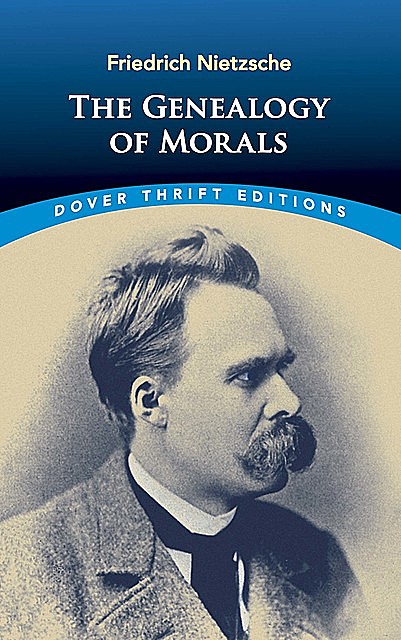
en
Läs i våra appar:
iOS
·Android
The Genealogy of Morals
Den här boken är inte tillgänglig just nu
218 trycksidor
- Utgivningsår
- 2012
Citat
- mydearestplutohar citeratför 2 år sedanFortunately I soon learned to separate theological from moral prejudices, and I gave up looking for a supernatural origin of evil.
- mydearestplutohar citeratför 2 år sedanWhat matters that to us, us the philosophers?
- mydearestplutohar citeratför 2 år sedanOf necessity we remain strangers to ourselves, we understand ourselves not, in ourselves we are bound to be mistaken, for of us holds good to all eternity the motto, “Each one is the farthest away from himself”—as far as ourselves are concerned we are not “knowers.”
fb2epub
Dra och släpp dina filer
(upp till fem åt gången)

